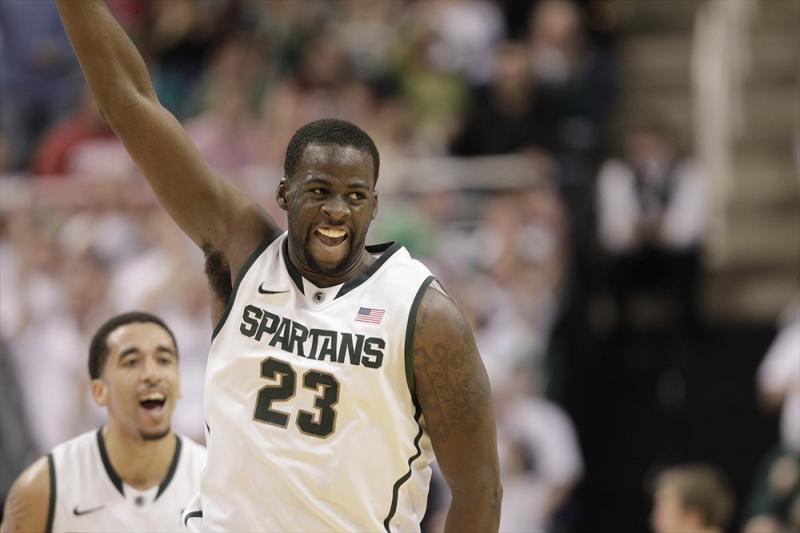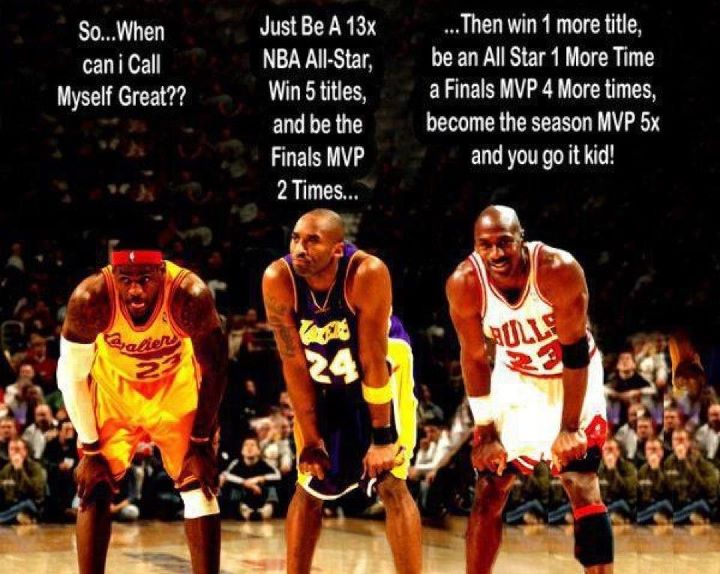Most people struggle to understand the difference between an athlete that is a star and one that is a super star basketball player.
In an NCAA March Madness pre-game telecast, the panel was breaking down the impact that Michigan State’s Draymond Green has had on the men’s basketball program. MSU head coach, Tom Izzo, said that Green is the most impactful player that he’s coached, possibly ever, but definitely in the past 10 years.
That says a lot coming from a basketball coach who is renowned for being difficult to please.

There’s no doubt that Green impacts the game in very tangible and specific ways. The 6’7″ big man’s versatility makes him a load to contain for any opponent. In the 2011-12 basketball regular season, Green had seven (7) games with 20+ points, 10+ rebounds, and 5+ assists. He has two (2) career NCAA tournament triple-doubles and shoots 39.8 percent from the three-point line.
The Makings Of A SUPER Star
Kenny Smith, two-time NBA Champion now TV analyst, hits the nail right on the head on how to differentiate between a star and a super star basketball player:
“There [are] stars and super stars in college basketball. Draymond Green can be a [considered] a super star in college basketball because he affects the came in five areas. Stars affect it in three: scoring, rebounding, and assists. Everyone knows those three. But the tempo of the game and leadership, that makes you a super star in college basketball. And, he affects [the game] in five areas.”
Your 5-Point Checklist
So, how do your players stack up against this checklist? Here it is again:
- Scoring
- Rebounding
- Assists
- Tempo
- Leadership
Charles Barkley said something in that same broadcast that’s a “krucial koncept” (as Dick DeVenzio once framed it). This concept is important for all basketball players to understand and for basketball coaches to effectively communicate as they build their team’s culture.
Krucial Koncept
Sir Charles said that NBA coach, Paul Silas, would ask his players: “What’s your basketball skill?” What he meant was: what specific measurable skill do you bring to the team when you don’t have the ball?
There’s only one ball and five players playing the game. When you don’t have the basketball, what do you bring to the table?
There are countless ways that players can impact the outcome of a basketball game — both tangible and intangible. In looking at the checklist above, not every player is going to be a leader in points, rebounds, assists; BUT, every player can influence the team’s tempo (including shot selection) and leadership.
I’ve written about basketball leadership quite a bit; from the levels of leadership, to leadership as followership, to why leading by example is poor leadership. I do it because I feel that strongly about it’s impact on winning and losing.
Needless to say, when I read this tweet from Evan Suttner by Indiana’s Tom Crean after their second round win in the 2012 NCAA tournament, I was pumped:
“Leadership is reminders, that’s all it is.”
That’s a POWER THOUGHT. Let me explain why…
Leadership Means Giving Reminders Before They’re Needed
There are very few places in the basketball world, at least that I’ve come across, that articulate and then teach basketball leadership as effectively as PGC Basketball.
[Disclosure: PGC has been, and will always be, a significant part of who I am as a teacher-coach, since I was first exposed to its teachings over a decade ago. I have worked/consulted for them; and will do so whenever I get the call. That’s my bias, but I think it’s for valid reasons.]
PGC grounds its approach in the basketball genius of Dick DeVenzio; and, after his pre-mature passing, Dena Evans kept those teaching alive. In my (humble) estimation, Dena Evans is a master teacher.
This video from Keys To The Gym, gives some specific examples of how reminders as a leadership tool can impact the outcome of a game.
If Kenny Smith’s checklist for super-stardom is right. And if there’s any merit in Paul Silas’ (rhetorical) question, then finding ways to teach and emphasize the use of reminders with all your players will at least give them one more box to check on the way to become superstars (or, at least creating a championship environment for your team).
/sef.
So… Where do you stand on this topic? Leave a comment. We’d like to hear what you think.
